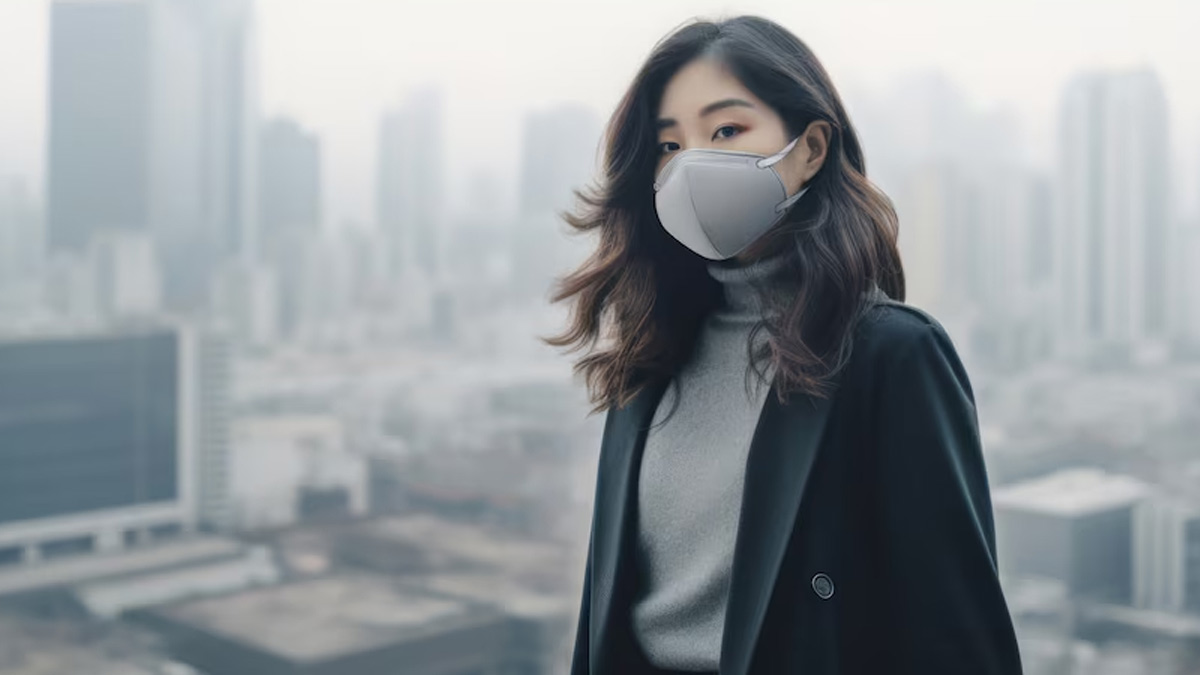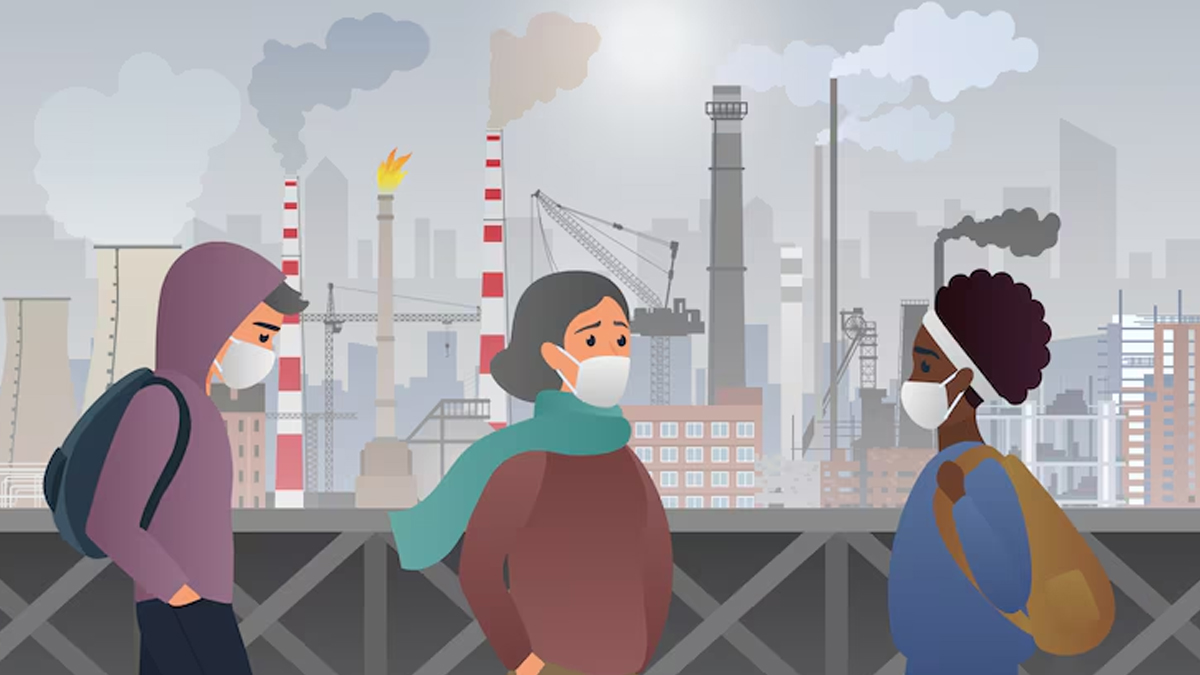
Air pollution is a silent but deadly crisis affecting cities across India. Research highlights that India has been witnessing an increasing number of deaths due to air pollution each year. The research highlights that even cities with relatively moderate air quality, like Bangalore, Chennai, Kolkata, and Mumbai, are not spared. As the air pollution problem extends beyond megacities like Delhi, it becomes crucial for individuals to take proactive steps to protect themselves from the pervasive and unavoidable air quality conditions.
Table of Content:-
Air pollution in India is causing more deaths than previously thought, even in cities believed to have cleaner air. A new study in The Lancet Planetary Health shows that out of the 33,000 yearly deaths linked to air pollution in 10 cities, many occur in coastal cities like Bangalore, Chennai, Kolkata, and Mumbai, where air quality is seen as moderate.

Amid these alarming and unavoidable air quality conditions, it is of utmost importance to take every possible precaution you can to protect yourself from the pollution. OnlyMyHealth team interacted with Dr Nana Kunjir, Consultant Pulmonologist and Intensivist, Sahyadri Super Speciality Hospital, Hadapsar, Pune, to understand how to protect oneself in these extremities.
Poor air quality poses a significant threat to our health. Citing the Lancet research, Dr Kunjir said, “ The study highlights the correlation between short-term exposure to fine particulate matter (PM 2.5) and increased daily mortality. High levels of PM2.5 can penetrate deep into the lungs and can make their way to the bloodstream, which can cause respiratory and cardiovascular diseases.Adding, Dr Kunjir said, “Chronic exposure to such high levels of air pollution can invite serious conditions like asthma, bronchitis, and other chronic obstructive pulmonary diseases (COPD).”
Also read: Experts Speak: Can Air Pollution Impact Fertility?
Signs To Be Aware Of

Dr Kunjir recommends that people should be vigilant for symptoms such as:
- Persistent cough
- Shortness of breath
- Wheezing
- Chest tightness or pain
- Increased incidences of respiratory infections
- Worsening of pre-existing respiratory conditions such as asthma or chronic obstructive pulmonary disease (COPD)
Early and prompt detection and intervention for such conditions will be helpful in mitigating the adverse effects of air pollution on our respiratory health.
Also read: What Heart Disease Patients Should Know Amid Severe Air Pollution
Precautionary Measures
At personal levels there are few things which we can do in our daily life as per Dr Kunjir:
1. Reduce Outdoor Activities: Limit outdoor activities if you’re staying in highly urban and heavy traffic areas.
2. Indoor Air Purification: Use air purifiers at home to reduce indoor pollution levels. Ensure that the devices are equipped with HEPA filters to effectively capture fine particles.

3. Use Masks: Wearing masks that are designed to filter out PM2.5 particles can provide some protection when it is necessary to be outdoors. N95 masks are particularly effective.
4. Improve Ventilation: Ensure proper ventilation in living spaces while keeping windows closed during peak pollution hours. Use exhaust fans and ventilation systems to reduce indoor pollution.

5. Maintain Clean Indoor Air: Regularly clean and dust home interiors, and avoid indoor smoking or burning candles, which can increase indoor pollution levels.
6. Stay Hydrated: Drink plenty of water to keep the respiratory tract moist, which can help the body naturally filter out pollutants.
7. Healthy Diet: Consume a diet rich in antioxidants, vitamins, and minerals to help combat the oxidative stress caused by pollutants. Foods such as fruits, vegetables, nuts, and seeds can strengthen the immune system.
Also watch this video
Read Next
Is It Possible To Develop Gluten Intolerance Later In Life? Expert Discusses Causes And Solutions
How we keep this article up to date:
We work with experts and keep a close eye on the latest in health and wellness. Whenever there is a new research or helpful information, we update our articles with accurate and useful advice.
Current Version